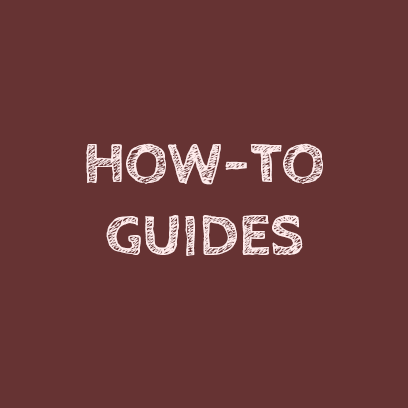How to write persuasively
I’m going to change your mind! | Suitable for 10-14 year olds
You Must read This!
Today you are the influencer, the persuader, and the changemaker!
There’s a new song out, and your take on it matters.
Make sure you persuade your friends to love it or hate it, using rhetorical techniques, passion, and your own personal powers of persuasion.
Video by BBC Teach – embedded & hosted by Youtube.
Thinking ideas
Do a high number of likes and shares mean something is worth looking at?
Have you ever been persuaded to like a band, singer, or pop star just because all your friends do?
When you see an advert or sponsored post on social media, which ones make you click? What makes you want to find out more?
Which do you think are more important – facts or opinions?
Discussion ideas
Talk about persuasive techniques. What have you seen or experienced that works?
What are the differences between being persuaded, being influenced, and being manipulated?
Discuss a recently released song. Listen to everyone’s points. Which ones would persuade you to listen to the song? Which would persuade you to avoid it? Why?
What do you find more convincing – hard facts and evidence, or the passion and personality of the influencer?
Writing ideas
- Pick a person who represents your audience, and write in a way that’s sure to influence them.
- You could write a persuasive, one-sided social media or blog post, challenging people to like this song – using catchy phrases, persuasive language, and zingers.
- Or you could write a persuasive review to influence your audience to either enjoy the song – or avoid it! But remember, opinions alone are not enough. You need to persuade using rhetorical devices, clear points, and evidence.
Teaching ideas
Pick a brand new song or music video that has been released in the past week. Try to choose one that will be divisive – something your students will either love or hate.
Elicit reactions to the song from your students. Model the responses as either positive or negative reactions. Focus on and develop students’ own comments that use distinctive and memorable language. Show them how these can be shaped into catchy sentences to begin or end paragraphs.
Resources
- This BBC Teach page includes a video, examples, and analysis of persuasive rhetorical techniques.
- How persuasive are you? This video explores the art of rhetoric.
- There’s nothing better than hyperbole when selling an idea. It never fails. Really!
- Here’s a fascinating article that explores how background music can make presentations more persuasive.
- This archive of background music allows students to search for free-to-use (Creative Commons) music by mood and tempo.
Please note, YouTube may use cookies if you play this video. Click for more information, and here’s how to turn cookies off.
How to write persuasively

Seeing things differently
Photo Karin Hiselius on Unsplash
Has a pet ever looked at you in a way that makes you cave in to their demands? Do you have a younger sister or brother with a nailed on strategy for getting their own way? What tactics are most persuasive? What have you seen that works? Can you write about a character, animal or human, who behaves like this?
Try more Scribblebibble writing prompts!
Packing Tips
Step by step instructions | Suitable for 9-13 year olds. Can you create a clear, easy to follow and fool-proof set of packing instructions? Think carefully about your audience and your approach.
Secret Narratives
Narrative secrets | Suitable for 13-18 year olds. In this video there’s a secret in this song lyric’s story, but it’s cryptic and unrevealed. Can you build a story around a character’s secret? How do secrets shape characters, situations and narrative plots?





